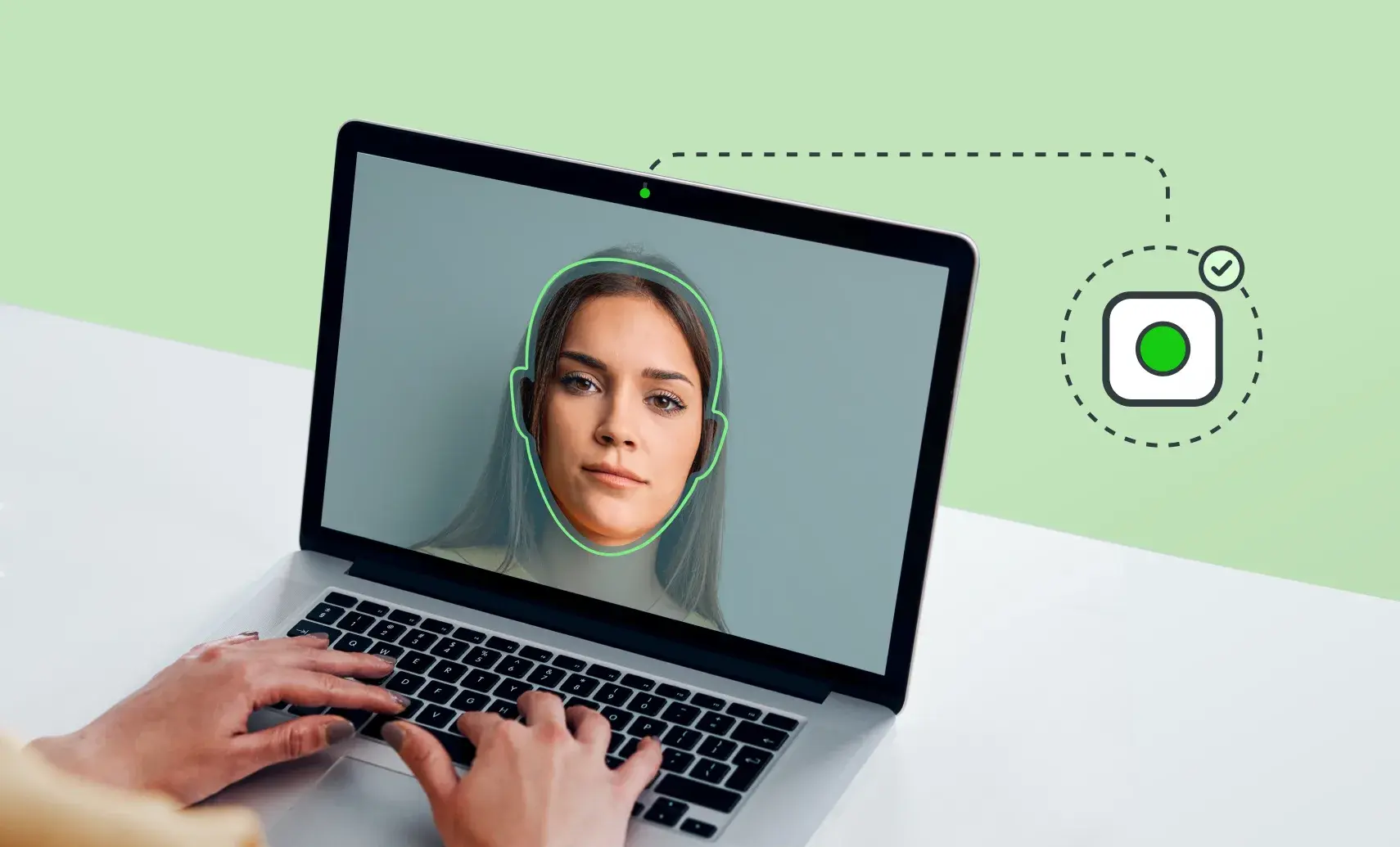
Loot Boxes, found in certain video games, give players the opportunity to receive random items. They can be purchased with real or virtual money or through gameplay. Loot Boxes are a lucky dip; the player doesn’t know what item they will receive. They might unlock new levels or give the players access to special characters, equipment and weapons.
Loot Boxes can add an element of excitement to the game. But concerns have been raised that the very nature of receiving a surprise item can be addictive. That Loot Boxes could encourage and be a pathway to problem gambling.
Following these concerns, 11 new guidelines have been issued by Ukie, the industry body that represents game companies. The main objectives of the principles include restricting under-18s from purchasing Loot Boxes without the consent of a parent, carer or guardian, and providing transparent information for players with targeted public information campaigns.
Ukie argues the 11 new guidelines “underline the industry’s commitment to safe and responsible play”. The guidelines include:
- Effectively restrict anyone aged under 18 from acquiring a Loot Box, without parental consent
- Form an expert panel on age assurance in the games industry
- Design and present Loot Boxes in a manner that is easily understandable to players and which promotes fair and responsible play.
Effective parental consent and age assurance
Under the new guidance, gaming platforms are encouraged to have effective parental consent in place. Once the parent or guardian has proved they are an adult, they can review the settings and features of a particular game – and decide if their child can access Loot Boxes.
Ideally, platforms should offer players a choice in how they prove their age to ensure age checking is inclusive for everyone. Given self-declaration methods can be easily bypassed by children, platforms will also need to use age solutions which offer a high level of assurance whilst protecting user privacy.
This might include facial age estimation, which gives adults a secure and private way to prove they are over 18, without showing any identity documents. Or a Digital ID app which allows users to share a verified ‘over 18’ proof of age, without sharing other personal details.
We are already working with SuperAwesome to offer a parental consent tool and give adults a privacy-preserving way to prove they are 18+. By integrating our facial age estimation technology into Kids Web Services (KWS), their parent verification tool, SuperAwesome is able to offer people a secure way of proving they are over a certain age, without sharing their name, ID or credit card information. In the time since integrating Yoti into KWS, over 60% of parents are choosing facial age estimation in the countries where it is available.
To find out how we could help your gaming platform meet the new guidelines, please get in touch.



